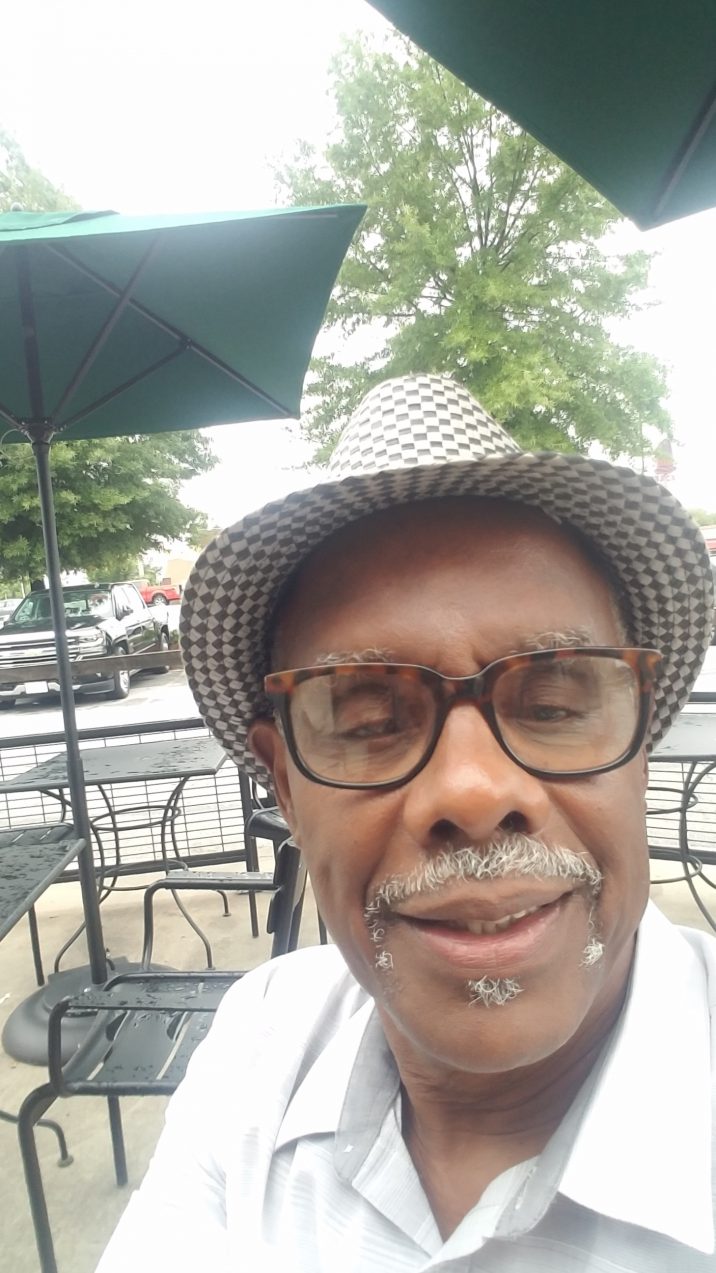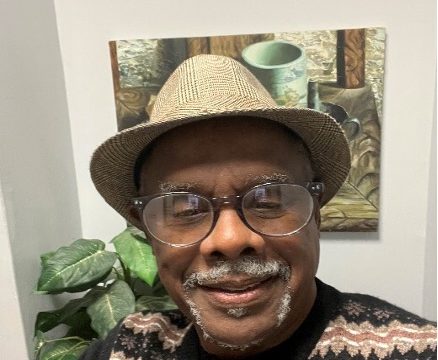
If ever there was a time when I wished my ears were lying, it was during a recent White House briefing on the pandemic. The projections are stunning – estimates of between 100,000 to 250,000 deaths in the U.S. To those like me who heard those estimates, suddenly one’s mortalityemerges from the shadows and actual or pending death, like it or not, becomes part of the conversation.
Now the truth is that death is one of the most sensitive topics to think, let alone talk about. It’s largely a verboten topic. Hard as we try, the right words always seem so trite, so never just right when empathizing with someone who has experienced the loss of a loved one, or in graciously accepting the typical, “he’s no longer suffering,” from well-meaning others when you experience a loss. And like many, I’ve been on both sides of these awkward words.
Back in the “old days” in the U.S., death was a part of life. Families had funerals in their homes and buried their loved ones in nearby cemeteries. In my experience growing up in a small town, “home-goings” for loved ones were pain-dulling celebrations of the life of the departed, complete with food, music, laughter and storytelling – lots of storytelling. After the burial, cemetery tours were opportunities to reconnect with other deceased and trade favorite anecdotal memories of those fading names etched on headstones. “See you again,” or “she’s no longer suffering,” were our languages for “goodbye” – our way of verbalizing the temporariness of ourphysical being on Earth and the promise of reconnection later in Heaven.
But today, our culture is more accustomed to dealing with long-term illness than with death. When someone close to you dies, you’re supposed to “snap out of it” and be back to your regular self a week after the memorial service. Conversations about death, if they’re held at all, are truncated and hurried. We order flowers online, pick up a card at Walgreen’s, and mail them and the reminders of death off as quickly as possible. We then return to “normalcy” in the of social media, TV, Smartphones, everyday hustle and bustle and lives that never stopped.
The truth about grieving
The American Society of Clinical Oncology defines “grief” as one’s inner-personal experience of and response to loss and mourning. There’s no correct or incorrect way to grieve. Customs considered strange in one culture may be normal ways of grieving in another.
To find out about the customs and mourning practices of someone from another culture, talk to a person from that background. Most will welcome a sincere inquiry. If possible, attend a memorial service for a friend or co-worker’s family member. You can also find books at your local library on do an internet search. The book, Ethnic Variations in Dying, Death and Grief; Diversity in Universality (1993), by Irish & Nelson, was recommended to me years ago.
Know that there’s no hard and fast timetable for the grieving process. In some cultures, the time needed is longer than in U.S. culture. It may be weeks or months before someone can get through the cycle. During this time the person’s behavior, attention span and energy level could vacillate.
“I try to remember that if someone seems disengaged, not to assume it’s me, but that they may still be going through their grief cycle,” said a west coast friend. “And often if others don’t do what you expect when you are in grief, it may not be because they don’t care, but rather because they have different expectations as to how to acknowledge someone’s grief. Or, they honestly may have a difficult time with death, perhaps having recently experienced it personally, so they just avoid it.”
In the end, the greatest gift is the gift of your time. And you don’t need a PhD in grief counseling or tutoring in the perfect vernacular to do that. “Sympathy sends a card, but compassion goes to visit,” a pastor said a few years ago.
In the end, and if nothing else, these two words will suffice:
“I Care!”
© Terry Howard is an award-winning writer and storyteller. He is a contributing writer with the Chattanooga News Chronicle, The American Diversity Report, The Atlanta Business Journal, Black Market.com, The Douglas County Sentinel and recipient of the 2019 Dr. Martin Luther King Leadership Award. He can be reached at wwhoward3@gmail.com



https://waterfallmagazine.com
Hello There. I discovered your weblog using msn. This
is a really neatly written article. I’ll be sure to bookmark it and return to read extra of your useful
info. Thank you for the post. I’ll definitely comeback.
I as well as my friends were actually examining the best tips found on your web blog and then all of the sudden came up with a terrible suspicion I had not thanked the site owner for those tips. The young men were definitely so glad to read them and have in fact been taking pleasure in them. Appreciate your truly being simply kind and then for picking varieties of marvelous useful guides most people are really desperate to understand about. My very own sincere regret for not expressing gratitude to you sooner.
My wife and i got very thankful when Raymond could do his researching out of the ideas he discovered from your blog. It’s not at all simplistic just to always be freely giving secrets and techniques which often a number of people could have been trying to sell. So we acknowledge we have the writer to appreciate for that. The type of illustrations you’ve made, the straightforward site menu, the friendships you help to promote – it’s got many fabulous, and it’s really leading our son and the family reckon that this topic is entertaining, which is certainly quite pressing. Thanks for the whole lot!
I want to voice my admiration for your generosity supporting those individuals that have the need for guidance on in this study. Your personal dedication to getting the solution all over appears to be really significant and has always helped individuals just like me to arrive at their objectives. Your new useful guideline entails a whole lot to me and even more to my colleagues. Best wishes; from everyone of us.